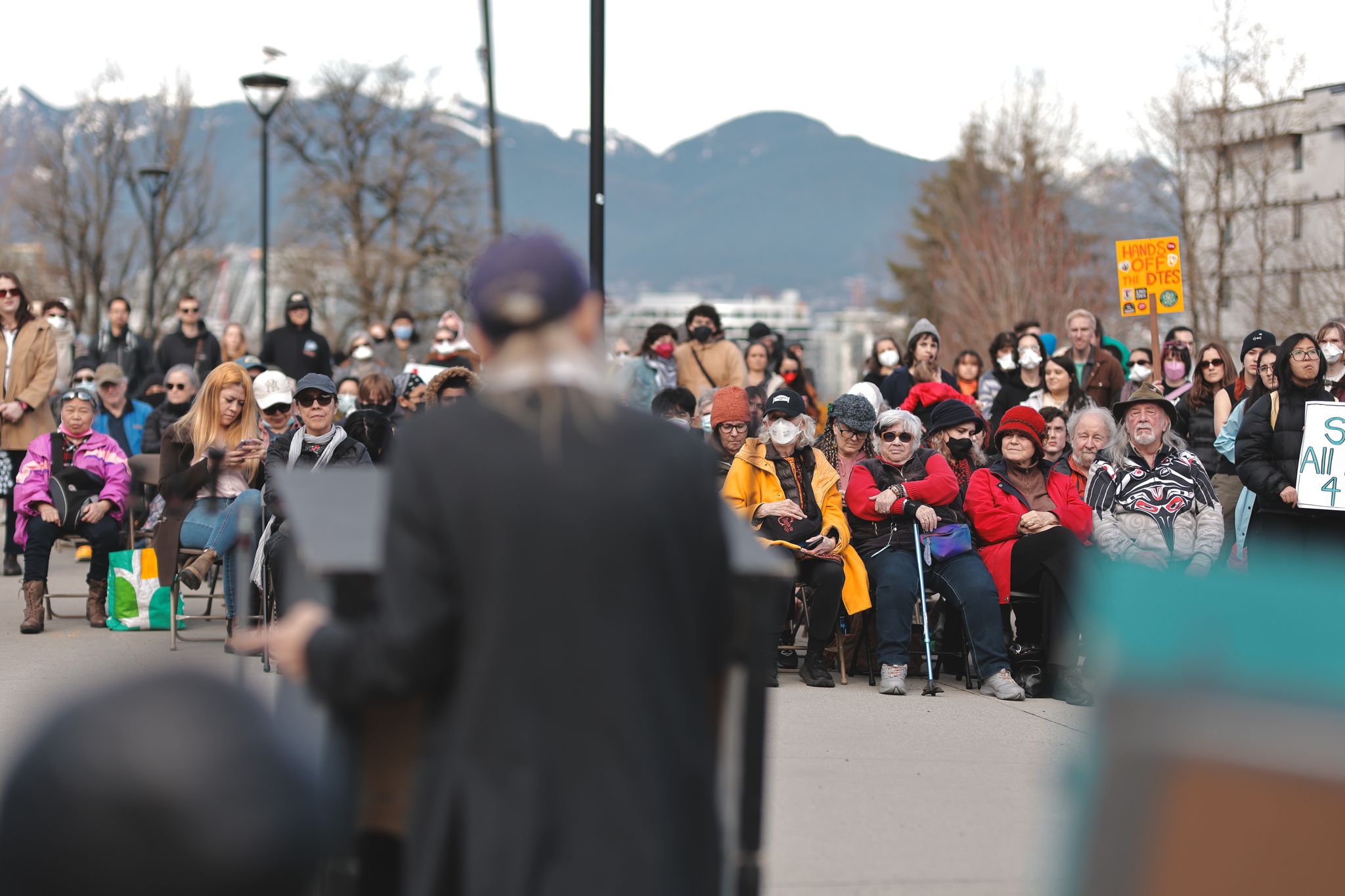City Hall
The City of Vancouver announced Friday that it has seized numerous assets owned by the Olympic Village developer, Millennium Development, including 32 properties worth...
Hi, what are you looking for?


Vancouver Mayor Ken Sim has announced a plan to freeze supportive housing development in the Downtown Eastside (DTES). The plan is part of a...
The City of Vancouver announced Friday that it has seized numerous assets owned by the Olympic Village developer, Millennium Development, including 32 properties worth...
B.C. Housing has declared that by the end of the month at least five shelters will be closed throughout Vancouver.* According to the province,...
The City has announced modifications to a city bylaw that will make it much more difficult for people to exercise their democratic right to political protest....
Grassroots activism has won social housing above the new library, soon to be built on the 700-block of East Hastings. The development will now...
Over two hundred people packed themselves into the still-empty Salt building at the Olympic Village on Sunday afternoon. They were there to hear from...
This past Saturday, Housing activists established a picket line in front of the Olympic Village condo sales centre, where the City is trying to...
Casino Hearing Begins | Last night the first of a series of public hearings was held to debate the proposed $500 million mega-casino development...
Corporate developers are 'betting' that they can twist enough arms to transform Edgewater Casino into a mega-casino next to BC Place. But resistance has...
The City of Vancouver stands to profit from selling-off housing units at the Olympic Village that were promised for affordable and social housing. The...
The story of Chinese investor impact on Vancouver real estate is neither new nor surprising. But recent changes to real estate taxation within China...